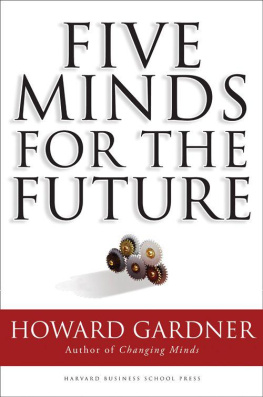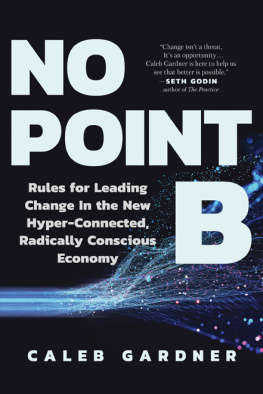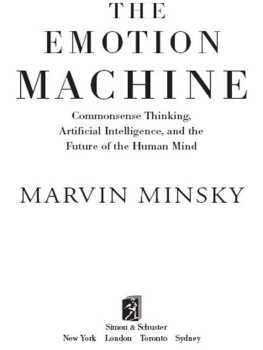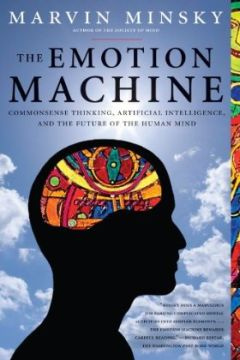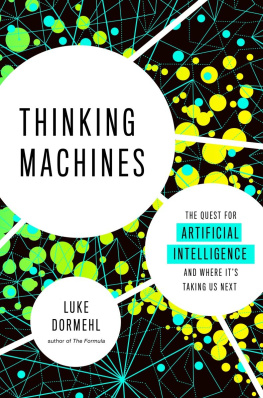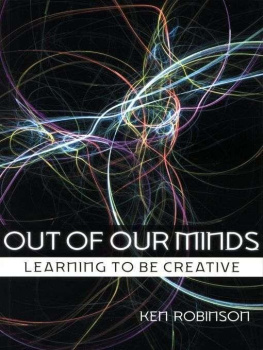LEADERSHIP

COMMON GOOD

HARVARD BUSINESS SCHOOL PRESS

CENTER FOR PUBLIC LEADERSHIP
JOHN F. KENNEDY SCHOOL OF GOVERNMENT
HARVARD UNIVERSITY
The Leadership for the Common Good series represents
a partnership between Harvard Business School Press and
the Center for Public Leadership at Harvard Universitys
John F. Kennedy School of Government. Books in the series
aim to provoke conversations about the role of leaders in
business, government, and society, to enrich leadership theory
and enhance leadership practice, and to set the agenda for
defining effective leadership in the future.
OTHER BOOKS IN THE SERIES
Changing Minds
by Howard Gardner
Predictable Surprises
by Max H. Bazerman and
Michael D. Watkins
Bad Leadership by
Barbara Kellerman
Many Unhappy Returns
by Charles O. Rossotti
Leading Through Conflict
by Mark Gerzon
Copyright 2006 Howard Gardner
All rights reserved Printed in the United States of America
No part of this publication may be reproduced, stored in or introduced into a retrieval system, or transmitted, in any form, or by any means (electronic, mechanical, photocopying, recording, or otherwise), without the prior permission of the publisher. Requests for permission should be directed to permissions@hbsp.harvard.edu, or mailed to Permissions, Harvard Business School Publishing, 60 Harvard Way, Boston, Massachusetts 02163.
First eBook Edition: April 2007
ISBN: 978-1-4221-4799-3
For Oscar Bernard Gardner
Who embodies our futures
Contents
I gratefully acknowledge several sets of individuals and institutions who contributed in various ways to this book. The first set involves colleagues with whom Ive worked for many years: associates at Harvard Project Zero, who helped me to understand the disciplined, synthesizing, and creating minds; and researchers on the GoodWork Project, who helped me to delineate the respectful and ethical minds. The second set involves publishers: Claudia Cassanova and Carme Castells at Paidos, my Spanish language publisher, first invited me to contribute Las Cinco Mentes del Futuro to its Asterisk series; Hollis Heimbouch, my wonderful editor at the Harvard Business School Press, championed the present work from its earliest incarnation. I want to mention, as well, her skilled and enthusiastic colleagues, Elizabeth Baldwin, Erin Brown, Daisy Hutton, Susan Minio, Zeenat Potia, Brian Surette, Sandra Topping, Christine Turnier-Vallecillo, and Jennifer Waring. Third, I am grateful to the several foundations and generous individuals who have supported the research that formed the basis of this book. Finally, I owe deep gratitude to my capable assistants Christian Hassold, Casey Metcalf, and Lindsay Pettingill; my exemplary literary agent Ike Williams and his ever-helpful associate Hope Denekamp; and my wife Ellen Winner, who always strikes an exquisite balance between critique and encouragement.
A Personal Introduction
FOR SEVERAL DECADES, as a researcher in psychology, I have been pondering the human mind. Ive studied how the mind develops, how it is organized, what its like in its fullest expanse. Ive studied how people learn, how they create, how they lead, how they change the minds of other persons or their own minds. For the most part, Ive been content to describe the typical operations of the minda daunting task in itself. But on occasion, Ive also offered views about how we should use our minds.
In Five Minds for the Future I venture further. While making no claims to have a crystal ball, I concern myself here with the kinds of minds that people will need if theyif weare to thrive in the world during the eras to come. The larger part of my enterprise remains descriptiveI specify the operations of the minds that we will need. But I cannot hide the fact that I am engaged as well in a values enterprise: the minds that I describe are also the ones that I believe we should develop in the future.
Why the shift from description to prescription? In the interconnected world in which the vast majority of human beings now live, it is not enough to state what each individual or group needs to survive on its own turf. In the long run, it is not possible for parts of the world to thrive while others remain desperately poor and deeply frustrated. Recalling the words of Benjamin Franklin, We must indeed all hang together, or, most assuredly, we shall all hang separately. Further, the world of the futurewith its ubiquitous search engines, robots, and other computational deviceswill demand capacities that until now have been mere options. To meet this new world on its own terms, we should begin to cultivate these capacities now.
As your guide, I will be wearing a number of hats. As a trained psychologist, with a background in cognitive science and neuroscience, I will draw repeatedly on what we know from a scientific perspective about the operation of the human mind and the human brain. But humans differ from other species in that we possess history as well as prehistory, hundreds and hundreds of diverse cultures and subcultures, and the possibility of informed, conscious choice; and so I will be drawing equally on history, anthropology, and other humanistic disciplines. Because I am speculating about the directions in which our society and our planet are headed, political and economic considerations loom large. And, to repeat, I balance these scholarly perspectives with a constant reminder that a description of minds cannot escape a consideration of human values.
Enough throat clearing. Time to bring onstage the five dramatis personae of this literary presentation. Each has been important historically; each figures to be even more crucial in the future. With these minds, as I refer to them, a person will be well equipped to deal with what is expected, as well as what cannot be anticipated; without these minds, a person will be at the mercy of forces that he or she cant understand, let alone control. Ill describe each mind briefly; in the course of the book, Ill explain how it works and how it can be nurtured in learners across the age span.
The disciplined mind has mastered at least one way of thinking a distinctive mode of cognition that characterizes a specific scholarly discipline, craft, or profession. Much research confirms that it takes up to ten years to master a discipline. The disciplined mind also knows how to work steadily over time to improve skill and understandingin the vernacular, it is highly disciplined. Without at least one discipline under his belt, the individual is destined to march to someone elses tune.
The synthesizing mind takes information from disparate sources, understands and evaluates that information objectively, and puts it together in ways that make sense to the synthesizer and also to other persons. Valuable in the past, the capacity to synthesize becomes ever more crucial as information continues to mount at dizzying rates.
Building on discipline and synthesis, the creating mind breaks new ground. It puts forth new ideas, poses unfamiliar questions, conjures up fresh ways of thinking, arrives at unexpected answers. Ultimately, these creations must find acceptance among knowledgeable consumers. By virtue of its anchoring in territory that is not yet rule-governed, the creating mind seeks to remain at least one step ahead of even the most sophisticated computers and robots.

